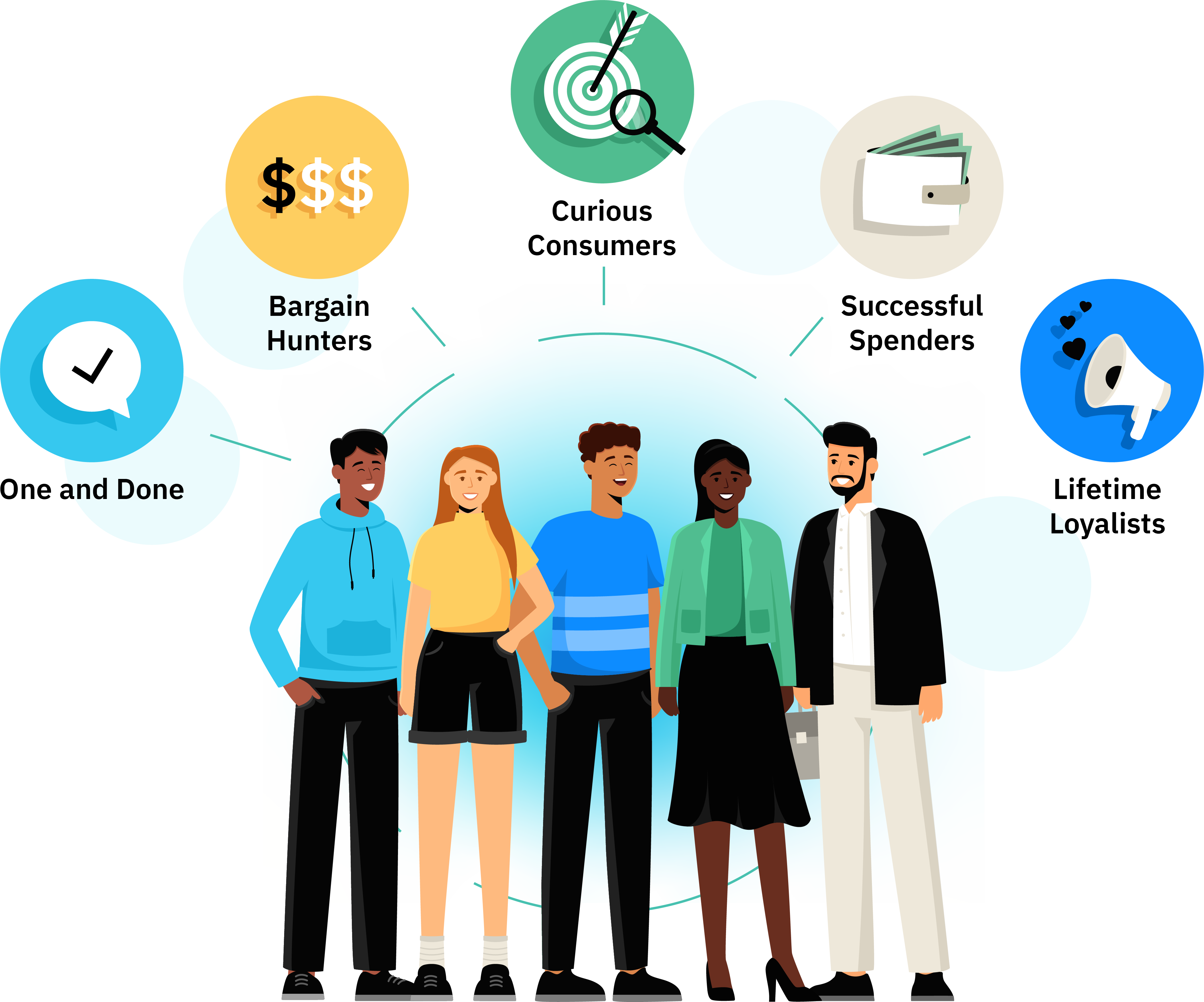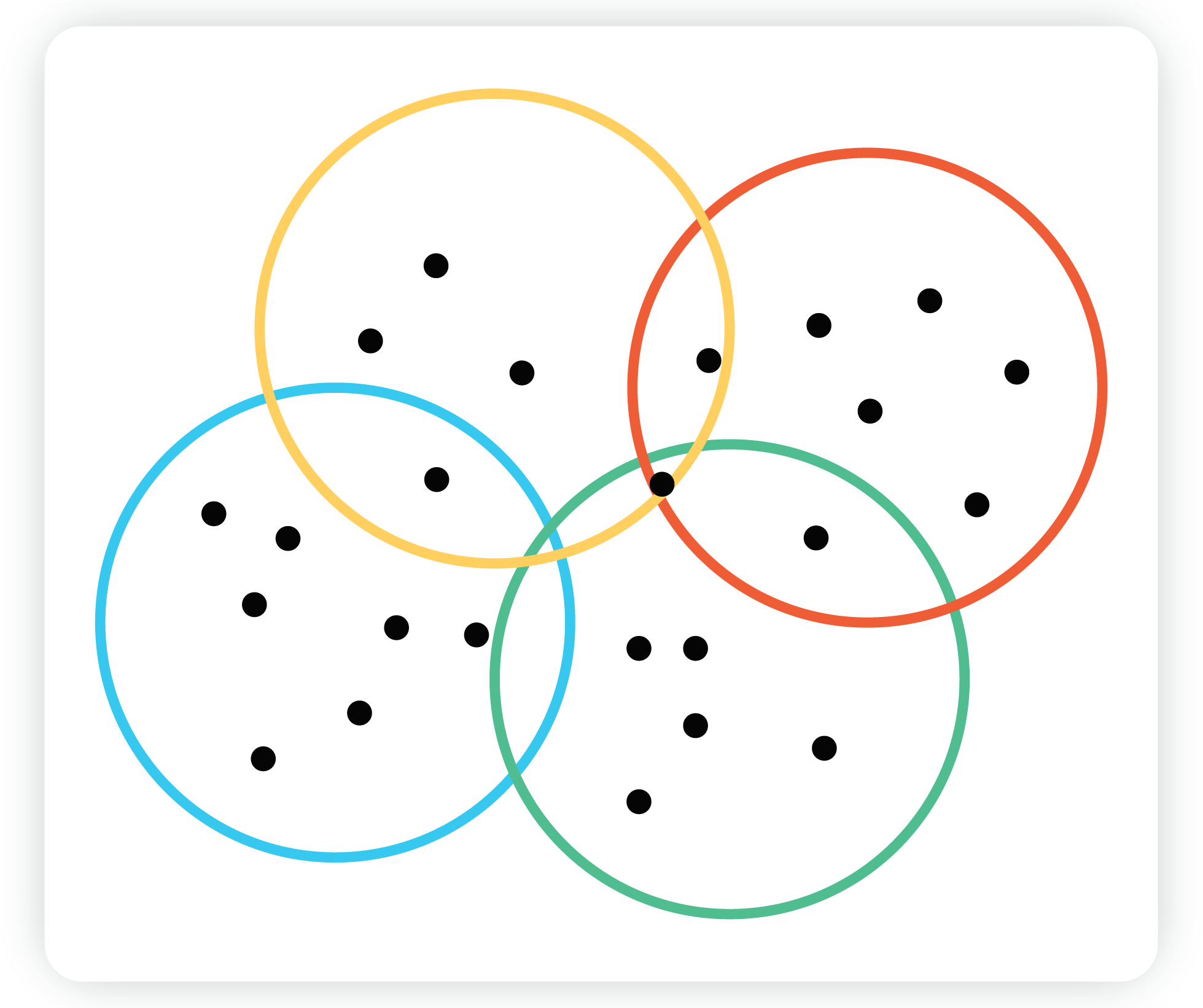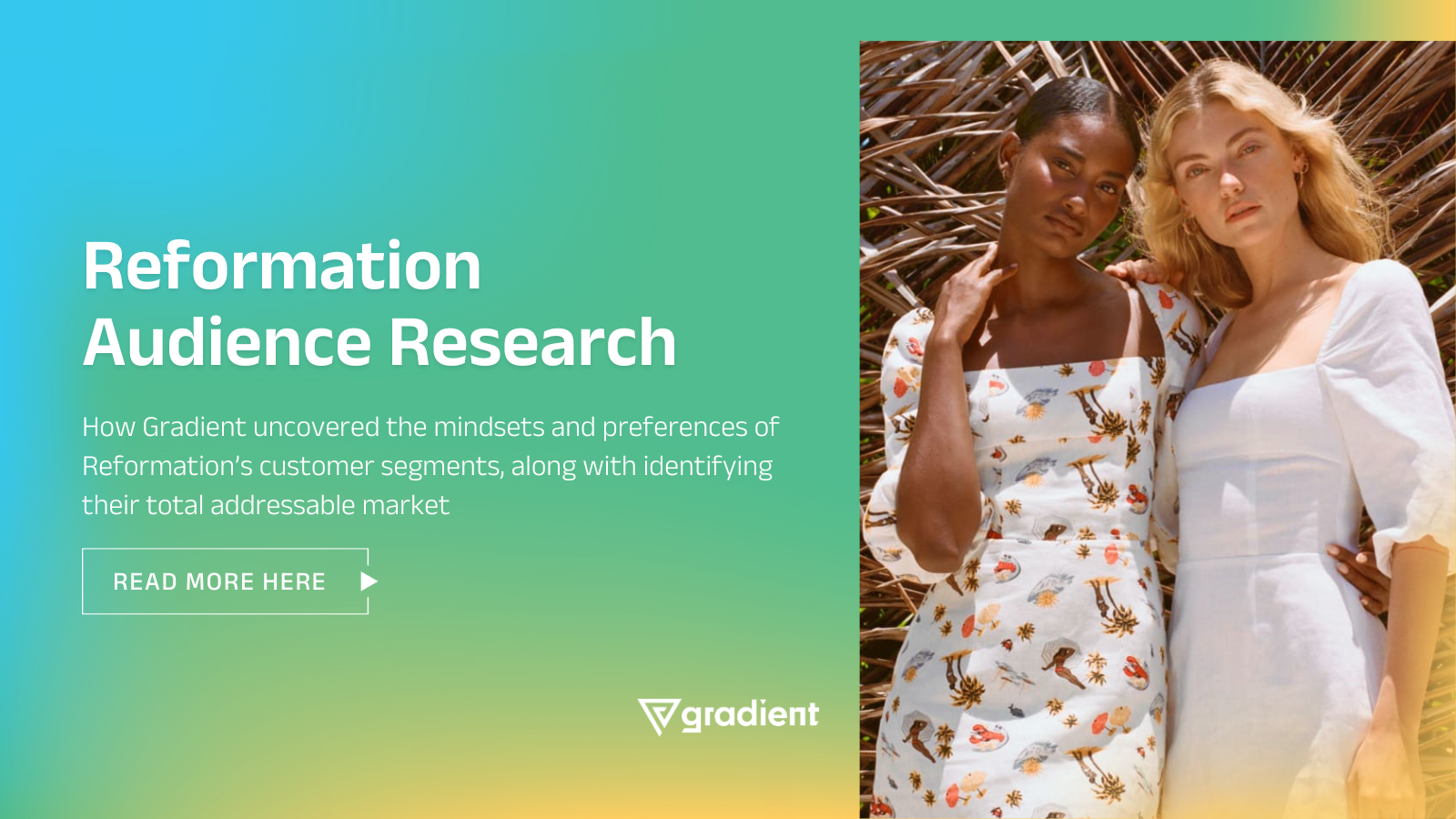Segmentation Analysis
Get to know your audience in all its diversity through Gradient’s rich segmentation analysis

Break down your audience into similar, like-minded groups
Why use a segmentation?
The audiences you’re trying to target are not monolithic. Even within the smallest of audiences important differences emerge that drive distinct behaviors. To understand the unique drivers, mindsets, contexts, and preferences among your audience, a segmentation analysis surfaces the discrete types of buyers, decision makers, and voters and the common differences that define them.
We’ve conducted segmentation analyses of audiences in the commercial/product and social/political domains that result in rich, highly textured personas to inform product design, marketing plans, customer loyalty programs, and messaging strategy.
Break apart your audience into similar, like-minded segments
Get to know your audience across multiple dimensions
Surface the diverse perceptions, behaviors, and contexts among your audience
Surface more than the demographics of your audience
How it works
-
Define the audience you want to investigate
-
Determine the dimensions that will define each segment
-
Write a custom survey that measures each dimension
-
Collect data from the audience
-
Run a segmentation analysis to identify the discrete segments that exist
-
Bring segments to life in a bespoke report
We help you define the audience you want to investigate
We will survey, collect data from, and analyze your audience

Watch your segments come to life so you can tailor your products to meet customer needs
What you get
-
Segment breakdowns
Identify the number of distinct segments globally or within distinct markets. Using non-negative matrix factorization, find out exactly how many distinct custom segments exist in specific geographical markets or globally.
-
Statement indexes
See the statements that each segments significantly over and under endorse compared to other segments. Insights into the psychographic questions that make each segment distinct from one another.
-
Segment ratings across key attributes
A nuanced deep dive into the mindsets of your customers. Understand the distinct psychographics, beliefs, and behaviors of your customers.

.png)
.png)
Frequently asked questions (FAQ)
Identify the unique types of groups that exist within your audience. By knowing how your audience is different, you can develop a business plan centered around your target segment or create outreach and messaging that resonates with each segment.
The typical process takes 6-10 weeks, depending.
We develop a custom survey for respondents who fit your target profile.
We develop a custom survey for respondents who fit your target profile.
We use a variety of quantitative and qualitative validation methods. We assess the dispersion and silhouette scores as a measure of confidence on the accuracy of the segmentation and qualitatively assess the coherence of each segment that emerges.
Yes, it is possible to add a segmentation variable to a CRM system.
One common example is to classify new customers into one of your target segments using an intake survey. This gives you intelligence on the types of product features and/or expectations this new customer has to develop personalized brand interactions messaging.
A standard output of a segmentation is a typing tool that allows your organization to classify any respondent who completes a short survey to a segment.
Stories from the field

Segmentation of Voters’ Attitudes Toward the Affordable Housing Crisis in California
Client Case Study
Segmentation analysis of California voters that unpacks their unique mindsets toward housing policy in the state. Analysis completed for the Chan Zuckerberg Initiative.
Download the case study →
Segmentation of Americans' Perceptions of Science
News Article
Segmentation analysis of Americans that surfaces different perspectives toward science and scientific advancement.
Read the full story →
Segmentation of Prospective Customers for Reformation
Client Case Study
Marketing is rarely about finding the single best message to sell a brand, as the right message differs across the customers in a brand’s total addressable market.
Using a segmentation analysis, Gradient helped sustainable fashion retailer Reformation identify the discrete mindsets and shopping behaviors of their prospective customers around the world.
Through the identification of six unique prospective customer types, Reformation was able to develop specific messaging for each segment and determine which segments to prioritize based on their likelihood to purchase clothing from their brand.
Download the case study →Who we’ve partnered with
The world's most forward-looking organizations trust Gradient







